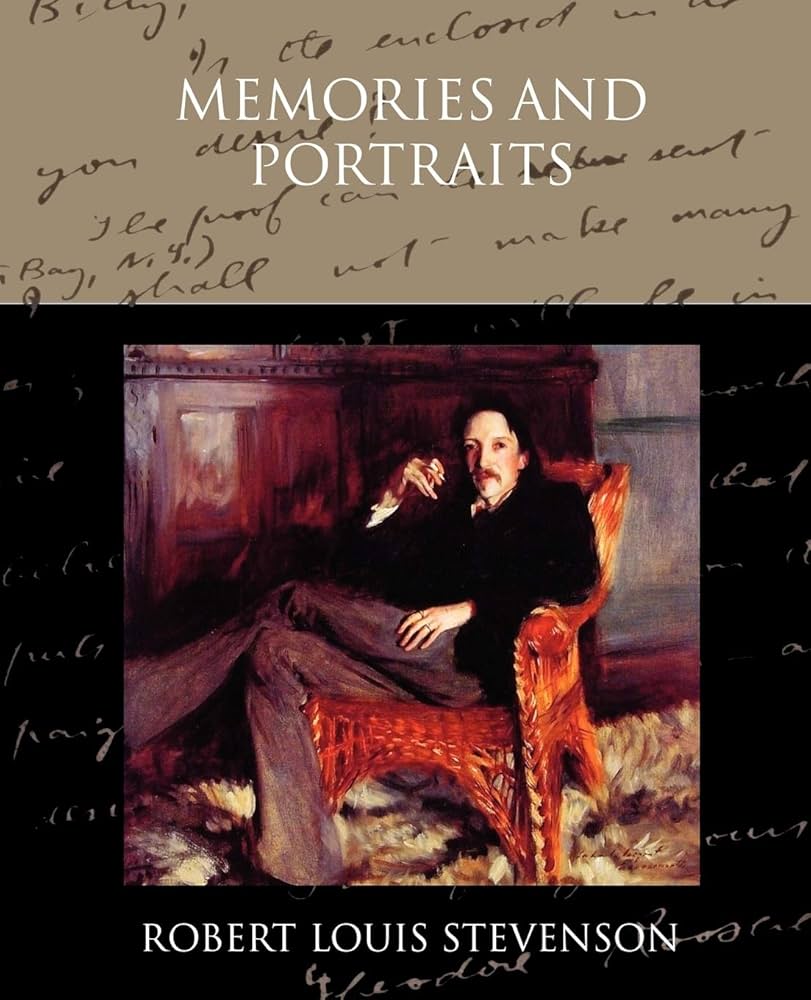Chapter II — Some College Memories (2)
byChapter II begins with a familiar sense of nostalgia as the narrator gazes backward at his university years, but what sets his memory apart is its emotional clarity. He does not idealize the past blindly; instead, he grapples with how quickly his generation was replaced in halls he once called home. When reading through club records and finding his name now buried among successors, a jarring sense of detachment unfolds. College, once a stage of youthful promise, becomes distant and silent. In recognizing this, he doesn’t lament his aging but highlights the fluid nature of tradition—how each student generation believes itself to be central, only to be quietly replaced by the next. The rhythm of university life, he suggests, has always followed this pattern. Yet, it’s in the very act of being forgotten that one’s memory ironically becomes permanent—a quiet echo in institutional history.
This reflection deepens as he observes what he perceives to be the university’s gradual decline. He doesn’t accuse anyone directly but rather mourns a lost era that, to him, was filled with genuine engagement and personality. Professors once felt like sages and characters; their eccentricities and dedication added texture to learning. Now, the place feels diluted, a little more mechanical and less alive. It’s not just nostalgia but a sense of cultural erosion that he resists admitting too loudly, knowing time always changes institutions. This feeling isn’t limited to buildings or syllabi—it touches friendships, conversations, and moments of transformation. The melancholy isn’t just for the loss of a particular education but for the pace at which life moves forward without pause. He quietly asks whether greatness can truly last when memory is so easily rewritten by new names and new faces.
Among these recollections, a singular student stands out—not by brilliance but by transformation. This figure begins as frail and unsure, weighed down by early failures and anxiety. Yet, across seasons, he grows stronger, not through triumph but through resilience. Watching him offers the narrator a kind of hope—that the university, for all its flaws and shifts, still holds the capacity to shape people inwardly. It isn’t the curriculum but the environment that stirs change, inviting young people to suffer, adapt, and eventually find direction. He presents this unnamed student not as an example of genius but as proof that the academic journey often begins with confusion before leading to clarity. In this tale, growth appears not in test scores but in the subtle straightening of a once-slouched spine and the return of light behind tired eyes.
Professors play a quiet yet significant role in shaping these student lives. Though some are remembered for their brilliance in mathematics or theology, it’s often their quirks, their stern kindness, or their bursts of enthusiasm that linger. Tait’s gravitas, Lindsay’s sharp wisdom, and Kelland’s dignified presence linger in the narrator’s mind like portraits in a dimly lit gallery. These mentors, while sometimes distant, acted as beacons—more human than heroic. Yet, not all the narrator’s academic experiences were enriching. His avoidance of Greek under Blackie wasn’t due to laziness alone but perhaps a resistance to what felt like an overwhelming expectation. He confesses this not with shame, but with curiosity, hinting that education often continues in spite of formal lessons.
In the chapter’s final stretch, the tone shifts toward a cautionary meditation on the toll of intellectual pursuit. A story of a fellow student who cracked under academic pressure becomes a quiet warning. Learning, the narrator implies, should expand the spirit—not crush it. There is danger in valuing scholarship so much that health, joy, and balance fall away. Universities, while temples of knowledge, can become isolating labyrinths if their demands outpace the human heart. He sees no value in brilliance if it costs one’s inner peace. The pursuit of education, like all noble efforts, must be matched by self-care and humility. Without these, the mind’s gains may come at the soul’s expense.
This chapter weaves more than memory; it composes a delicate lament for things half-grasped and wholly gone. The narrator finds both pride and regret in what he lived, learned, and failed to explore. The University of Edinburgh becomes more than a place—it becomes a mirror reflecting who he was, who he could have been, and who others still might become. Education is not confined to lecture halls or libraries, he reminds us, but found in quiet friendships, in missteps, and in the tender passage of time.

